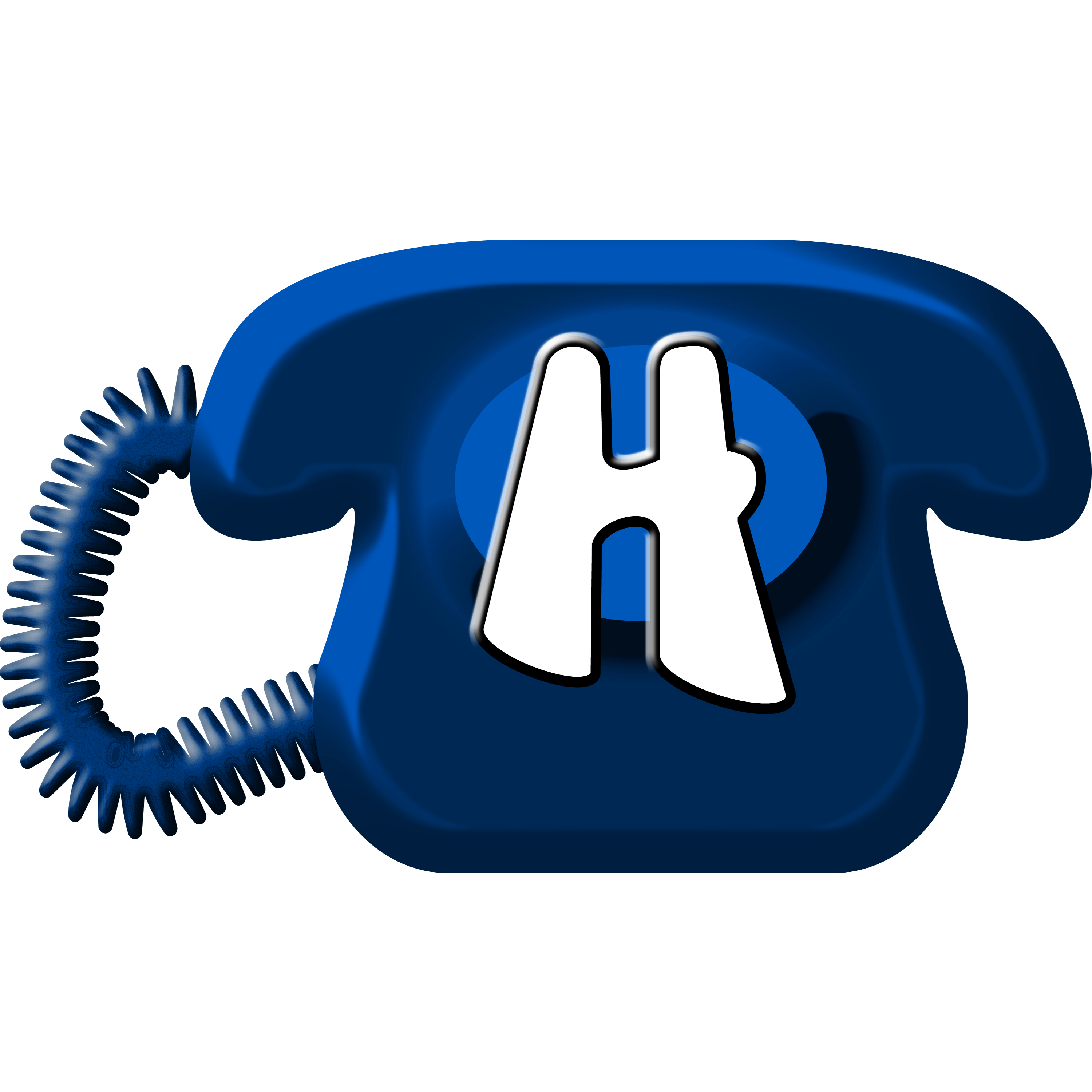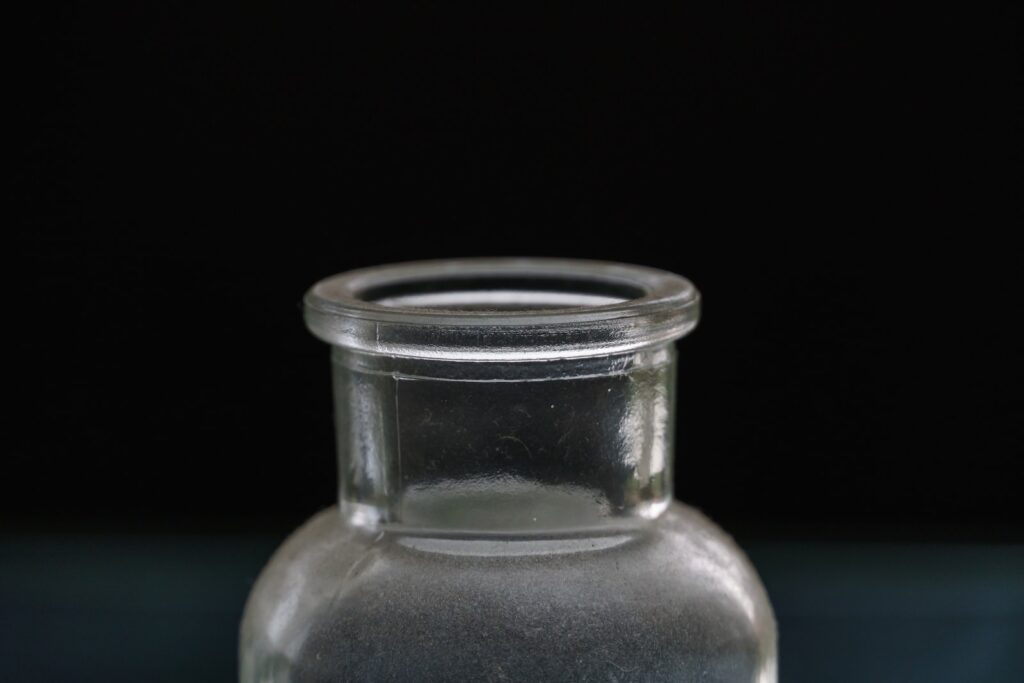- Dextro-methorphan is a chemical in over 100 over-the-counter medications that became available in the 1960’s through the 1970’s as a non-addictive replacement for codeine for those suffering with a cough or cold.
- Since DXM has been introduced to the selves, it has been abused by “over dosing”, or taking over the recommended dose.
- When a person takes an over-the-counter cold or cough medication, the usual dose is about a tablespoon or two tablets. When abused, this dose is increased from 12 to 75 times the regular dose.
- A single dose of DXM can have miner side effects such as dizziness or drowsiness, but when abused in large doses for recreation, the side effects are harsher and longer lasting.
- Immediate effects when abusing DXM are very similar to those of PCP or Ketamine, such as hallucinations and dissociation, but side effects vary with quantity and severity including (but not limited to), vomiting, sweating, fever, diarrhea, urinary retention, shortness of breath, and high blood pressure.
- Long-term use of DXM has been known to cause depression, language impairment, loss of muscle control, liver, kidney, and pancreas damage, stroke and more! There have been reports of death of those abusing DXM along with other harmful chemicals.
- There are other dangerous methods of using DXM such as: crushing and then snorting tablets, free-basing and extraction, and at times, people have injected the drug.
- Though extremely dangerous, there are some who abuse DXM daily and become psychologically addicted.
- Though there is no medical detox for DXM abuse, the substance varies in individual effect and should be monitored to make sure that the withdrawals are not life threatening.
- DXM has such a damaging effect on daily activities such as speech, learning, and motor function that there are follow up programs to help someone re-adjust to day-to-day life if they choose to recover from DXM abuse.
DXM Addicts Can Recover
There are treatment centers and many beneficial programs focused around behavioral, emotional, and spiritual counseling.
Also abstinence based meetings such as Narcotics Anonymous.



